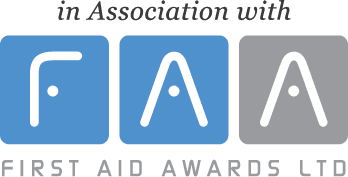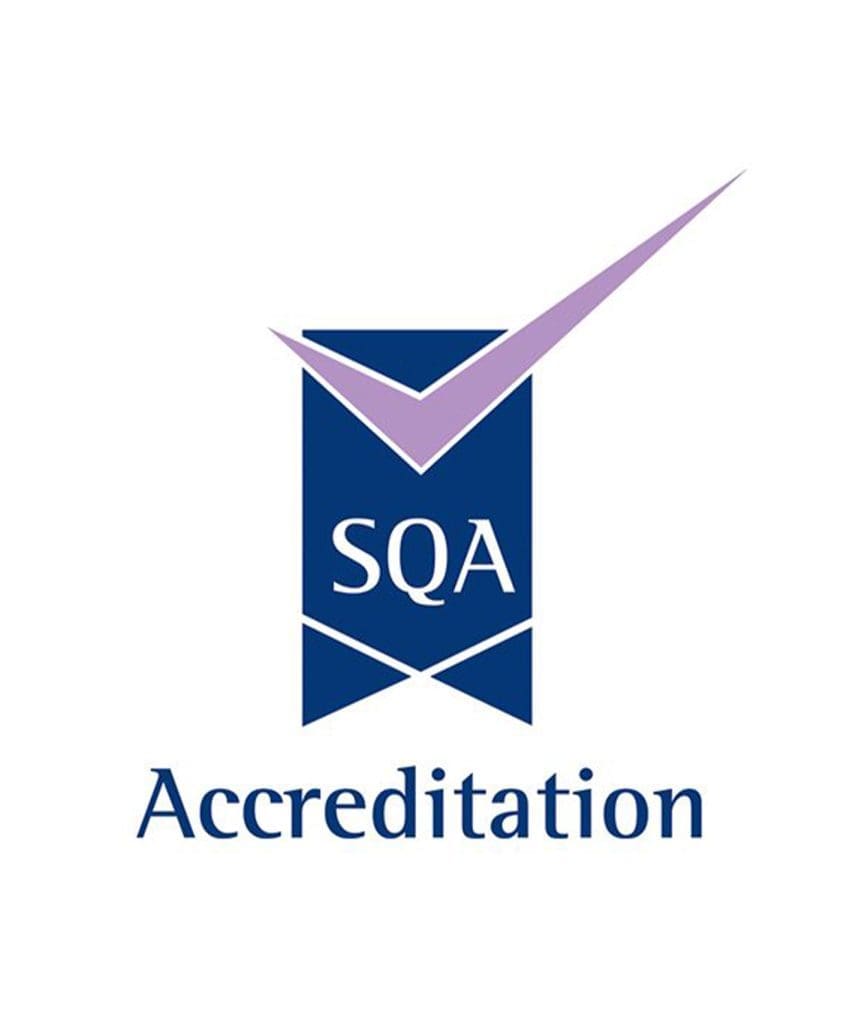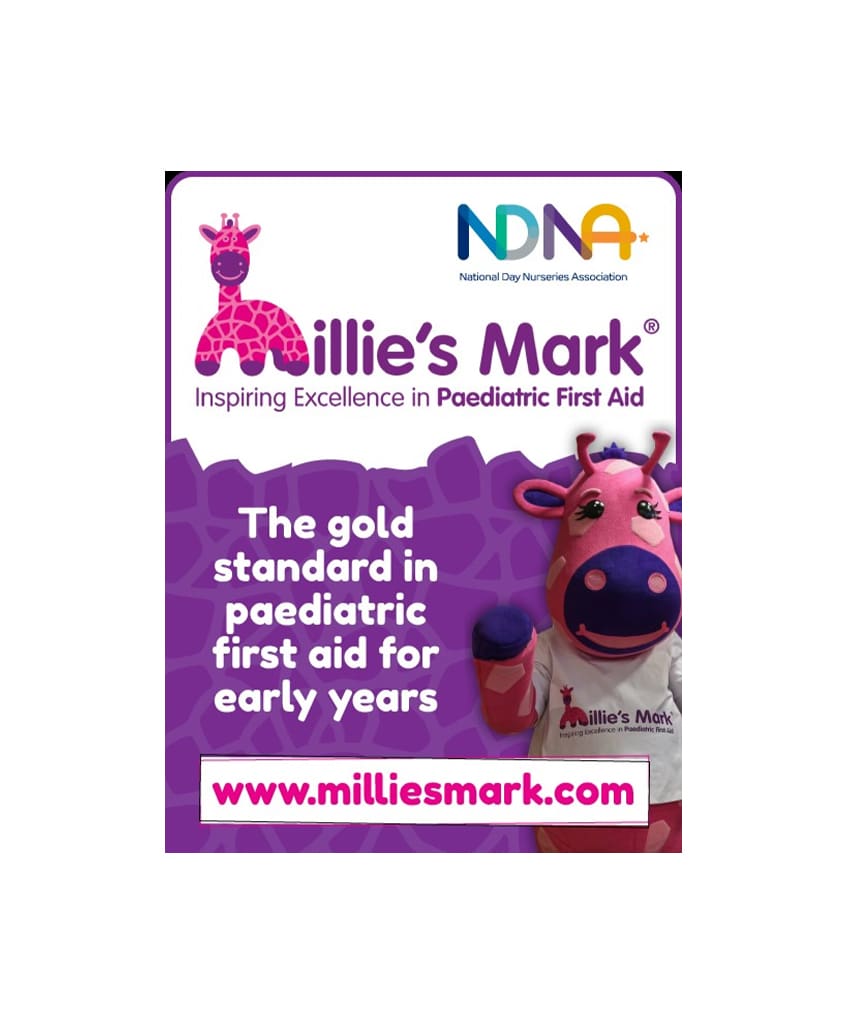First aid training is an important lifesaving skill. It provides children with a vital knowledge base for dealing with any medical emergencies they may be faced.
The Government recognises the importance of first aid. It has now been approved as a mandatory element of the PSHE (Personal, Social and Health Education) curriculum. One hour of age appropriate first aid training should be received by all school children every year.
A common misunderstanding is that first aid can be taught to large numbers at once – for example in a school assembly. However, this runs the risk of children misinterpreting or misapplying first aid techniques. This potentially can be very dangerous. Children who have only half listened may attempt to practise poorly grasped skills on each other or younger siblings.
It is important that primary school children are introduced to age appropriate basic first aid. These include learning how to call for an ambulance and helping with common occurrences. These may be burns, choking or putting someone who is unconscious and breathing into the recovery position. Older children will be taught lifesaving first aid such as CPR, using defibrillators and more complex first aid. First aid skills are crucial at all stages of life.
There was a video that went viral in February 2016 about a nine-year-old girl who successfully called 999 after her mother passed out in a moving car on the motorway. She managed to stay on the phone with emergency services for seven minutes while she explained what her mother’s condition was like (“alive but very poorly”). She successfully explained to the call operator where they were, and she stayed on the line until the police and ambulance services came to the scene.
The older they get, the more they will be off doing their own thing and being more independent. One of the best things you can do is to ensure that they’ve got all the skills needed to be able to handle themselves if they were to be in an accident or be with someone that needed first aid treatment.
There is no doubt that teenagers often find themselves in situations where first aid skills could make a big difference.
- More than 532,000 young teenagers have had to cope with a drunken friend who was sick, injured or unconscious in the last year.
- 1/4 of young people have had to deal with asthma attacks.
- 1/3 of teenagers have had to cope with someone with a head injury.
- 1/5 teenagers have had to help someone who is choking.
Hospitals admit around 60,000 young people each year according to the Royal Society of the Prevention of Accidents. These admissions are most often due to falls and will mainly be due to excessive drinking and extreme sporting activities.
When faced with these emergency situations, 44% panicked and 46% simply didn’t know what to do. 97% of young people believed first aid education would improve their confidence, skills, and willingness to act in a crisis.
Teaching first aid skills to children is so crucial for several reasons. It gives them vital life skills and helps them to build confidence, communication skills, and the ability to work well in a team. First aid requires teamwork, leadership, and the patience to listen to those around you. Training helps build these skills, which are highly versatile, and children will continue to use the skills and knowledge they have learned throughout their lives.
CPR is just one of the many things covered in first aid, and it is also one of the most important. In the UK over 30,000 cardiac arrests a year occur outside of hospital, but less than one in ten victims of cardiac arrest survive to be discharged from hospital. CPR can double the chances of survival from out of hospital cardiac arrest. Teaching children these vital lifesaving skills will equip more people with the skills, ability and confidence to help others and hopefully save more lives.
If you would like to speak to us about how we could help with your First Aid training requirements in school, please call us on 01276 586943 or email us at admin@crosscountiestraining.co.uk for hassle-free bookings.








